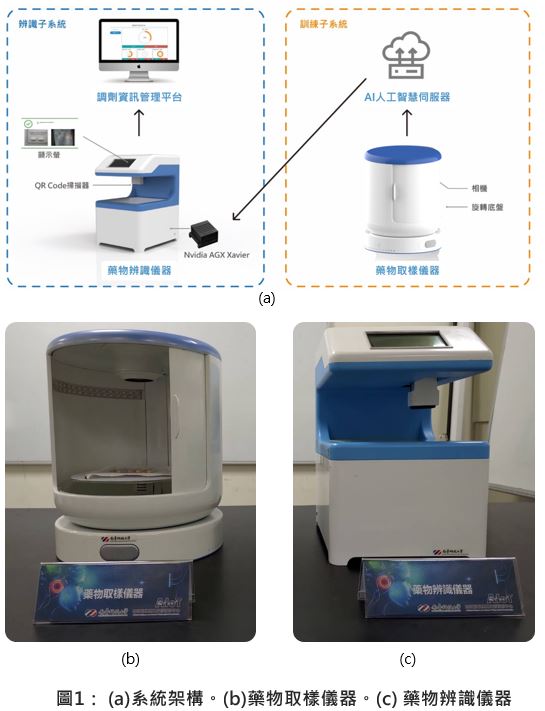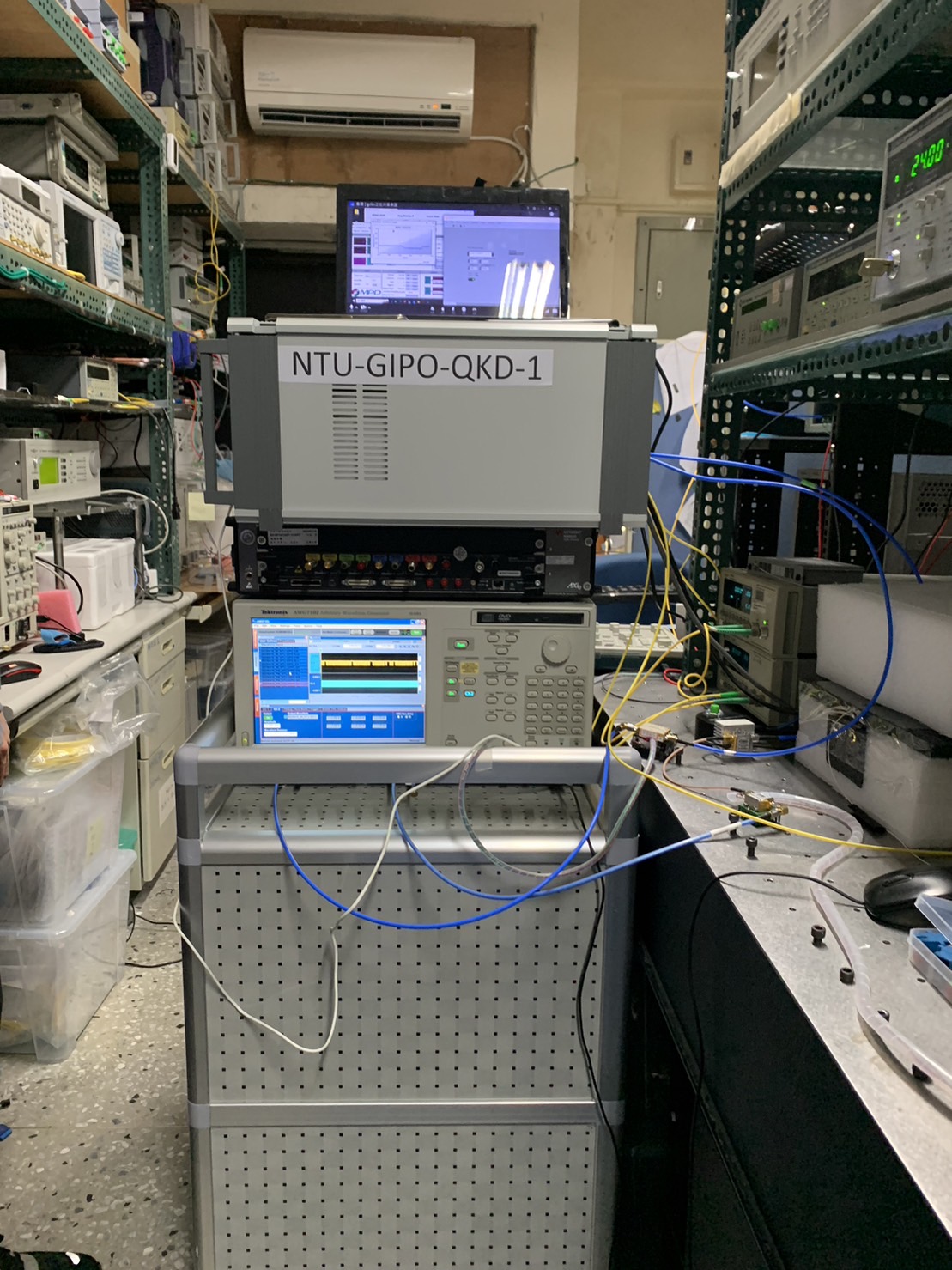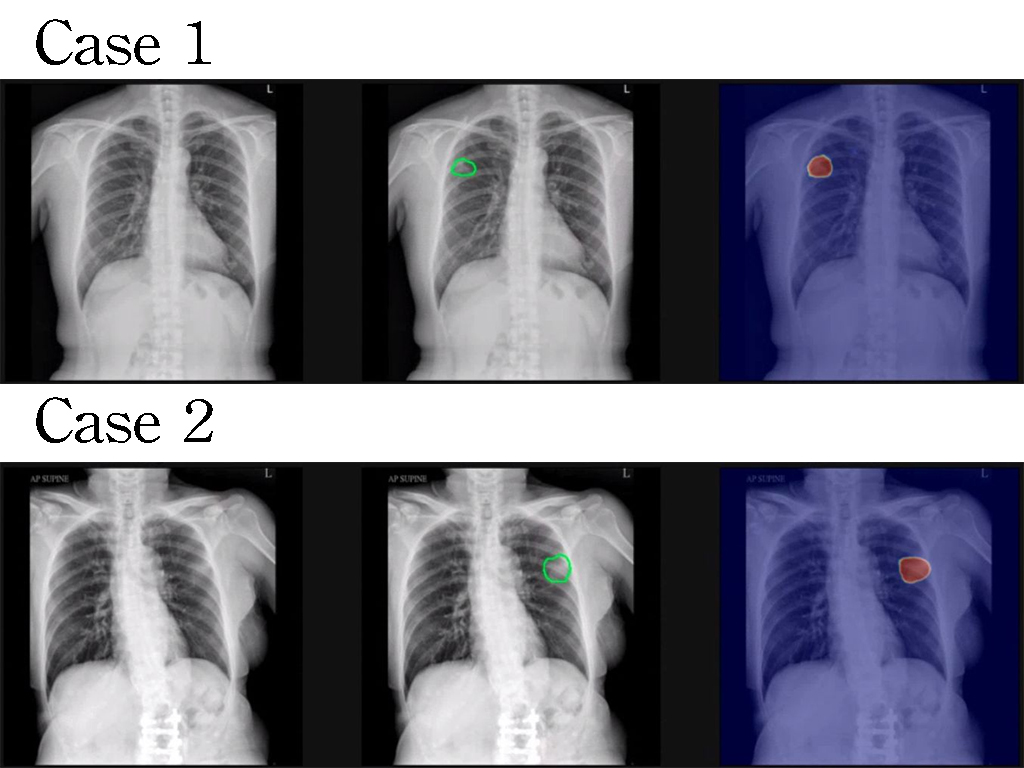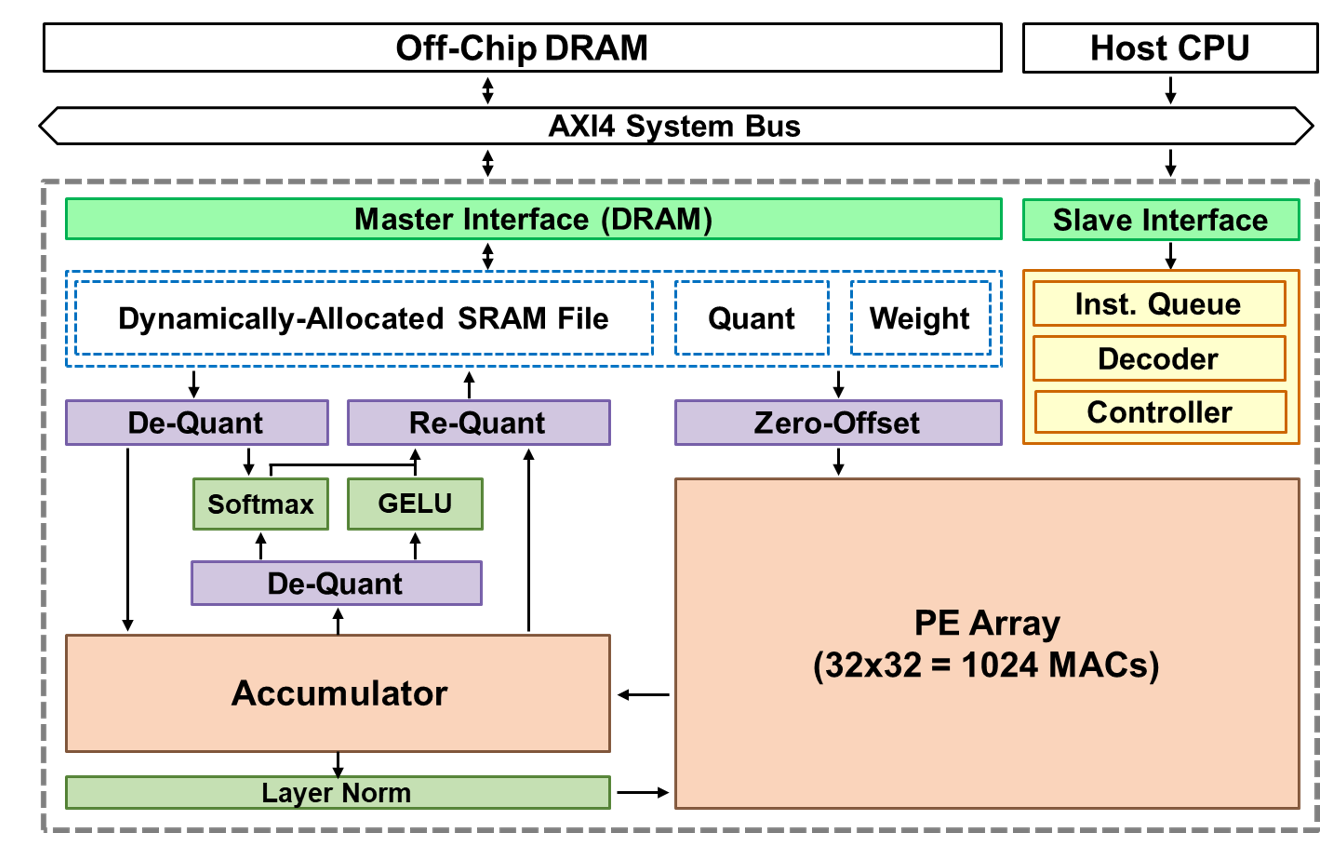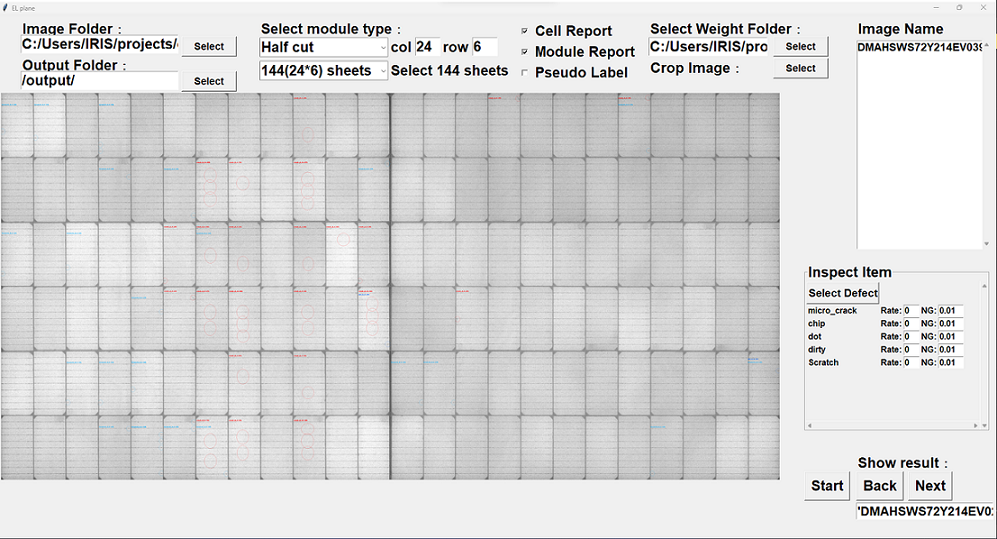| Technical Name | Construction of enterovirus strains using reverse genetic platform | ||
|---|---|---|---|
| Project Operator | National Institute of Infectious Diseases and Vaccinology, National Health Research Institutes | ||
| Project Host | 劉家齊 | ||
| Summary | Reverse genetics is an important recombinant DNA technology used to study the function of RNA viral genes. This technology can be used to create full-length, infectious cDNA clones of enteroviruses, generating pure enterovirus strains and avoiding the quasispecies resulting from errors in RNA virus replication. Alternatively, mutant strains can be generated through point mutations to study the characteristics caused by enterovirus gene mutations. |
||
| Scientific Breakthrough | Enteroviruses are RNA viruses produce quasispecies during RNA virus replication. Establishing a full-length infectious cDNA clone of enterovirus allows for the production of RNA viruses by transfecting host cells with a single DNA plasmid, which does not need to be derived from clinical isolates. This allows for the standardization and generation of pure enterovirus strains, thus accelerating vaccine development. |
||
| Industrial Applicability | This project develops a technology platform for bioeconomy to assist and support the local bio-industry in developing the emerging enterovirus vaccines, thereby promoting the development of the local pharmaceutical and biotechnology industry. |
||
- Contact
- Dr. Chia-Chyi Liu
- 010113@nhri.edu.tw
other people also saw



